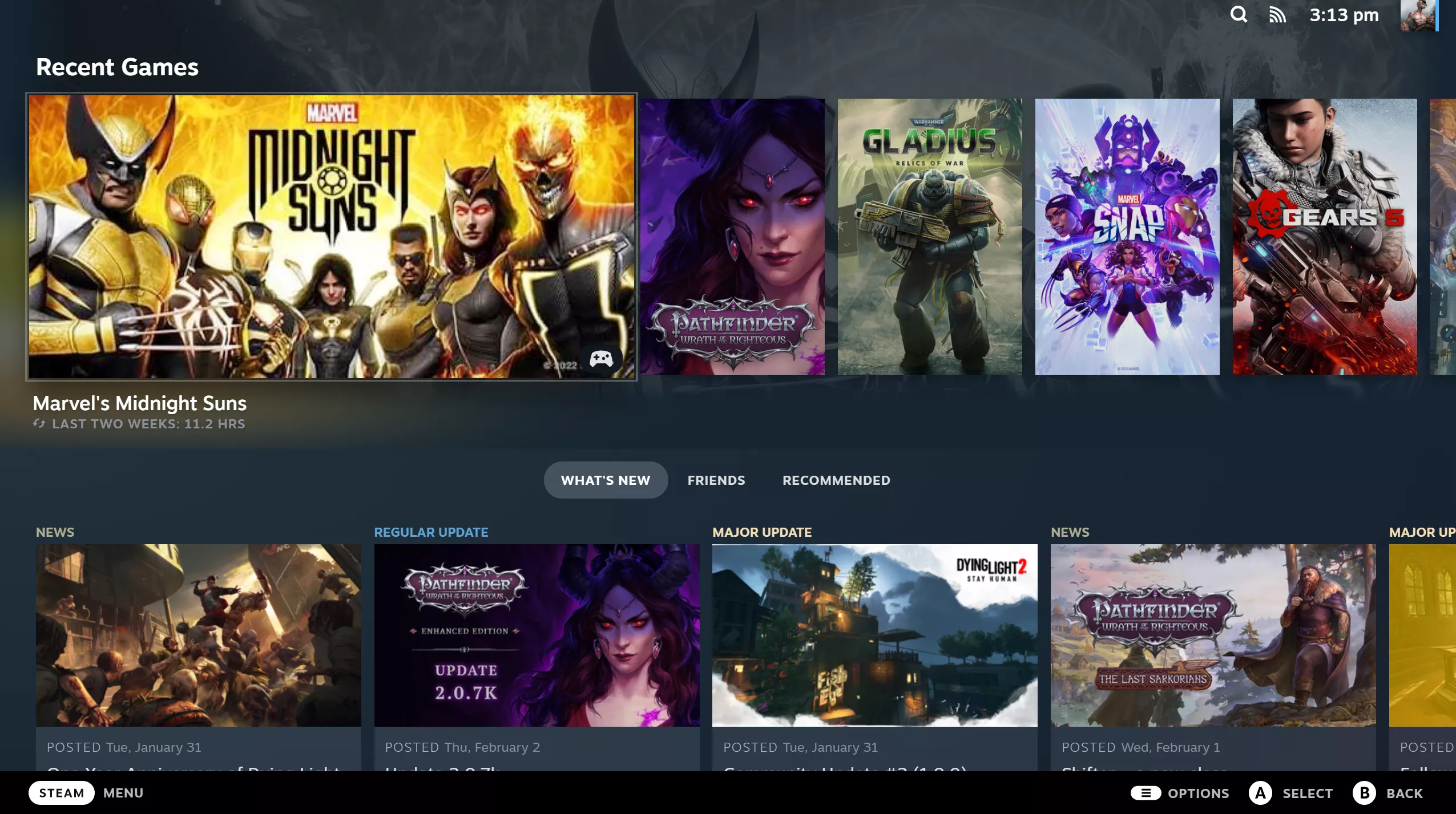Why it matters: It has long been speculated that Valve intends to expand the reach of its SteamOS Linux distribution beyond the Steam Deck, with Lenovo’s upcoming Legion Go model potentially playing a significant role in those plans. Following Lenovo’s announcements at CES, a clearer timeline for the general availability of SteamOS is now materializing, hinting at significant ramifications for the future of handheld gaming PCs.
Starting in May, customers will be able to purchase Lenovo’s newly announced Legion Go S handheld gaming PC with Valve’s SteamOS operating system as an alternative to Windows. However, Valve has confirmed that it plans to release a SteamOS beta for other handhelds even earlier, likely in April.
While the Steam Deck’s hardware may be slower than competing devices from Lenovo, Asus, MSI, and GPD in terms of raw performance, its operating system is arguably its greatest asset. Unlike Windows, which can feel cumbersome on small screens, SteamOS is designed specifically for controller-based interfaces and includes optimizations to improve performance.

Valve plans to allow owners of other handhelds to download and test SteamOS sometime between March and May, before the Legion Go S begins shipping with it pre-installed. The download will feature the same software image used for the Steam Deck, ensuring users receive the same patches and pre-compiled shaders that Valve regularly releases for its flagship handheld.
Although other devices will have access to SteamOS before the Legion Go S launches, Lenovo’s reduced pricing could make the handheld particularly attractive. The Windows 11 version of the Legion Go S will be available later this month starting at $729, with additional configurations arriving in May starting at $599. However, the Linux-based SteamOS edition will start at just $499, likely due to the lack of a Windows license.

So far, Valve has not disclosed plans for other manufacturers to pre-install SteamOS on their devices, but such a development seems inevitable. If more manufacturers begin offering SteamOS configurations at lower prices for handhelds or other gaming PC form factors, it could pose a serious challenge to Windows in this market.
Lenovo has positioned the Legion Go S as a smaller, more affordable variant of the handheld it released in 2023. This new model forgoes the detachable Switch-style controllers and makes minor concessions in display size, resolution, refresh rate, and performance. It features the Ryzen Z2 Go processor, which is likely based on AMD’s mature Rembrandt architecture, with 12 RDNA 2 graphics cores.
For those seeking a higher-end option, the standard form factor will return later this year with the Lenovo Legion Go 2, featuring an OLED screen, 32GB of 7500MHz LPDDR5X RAM, and a Zen 5-based Ryzen Z2 Extreme APU with 16 RDNA 3.5 cores.









Leave a Comment